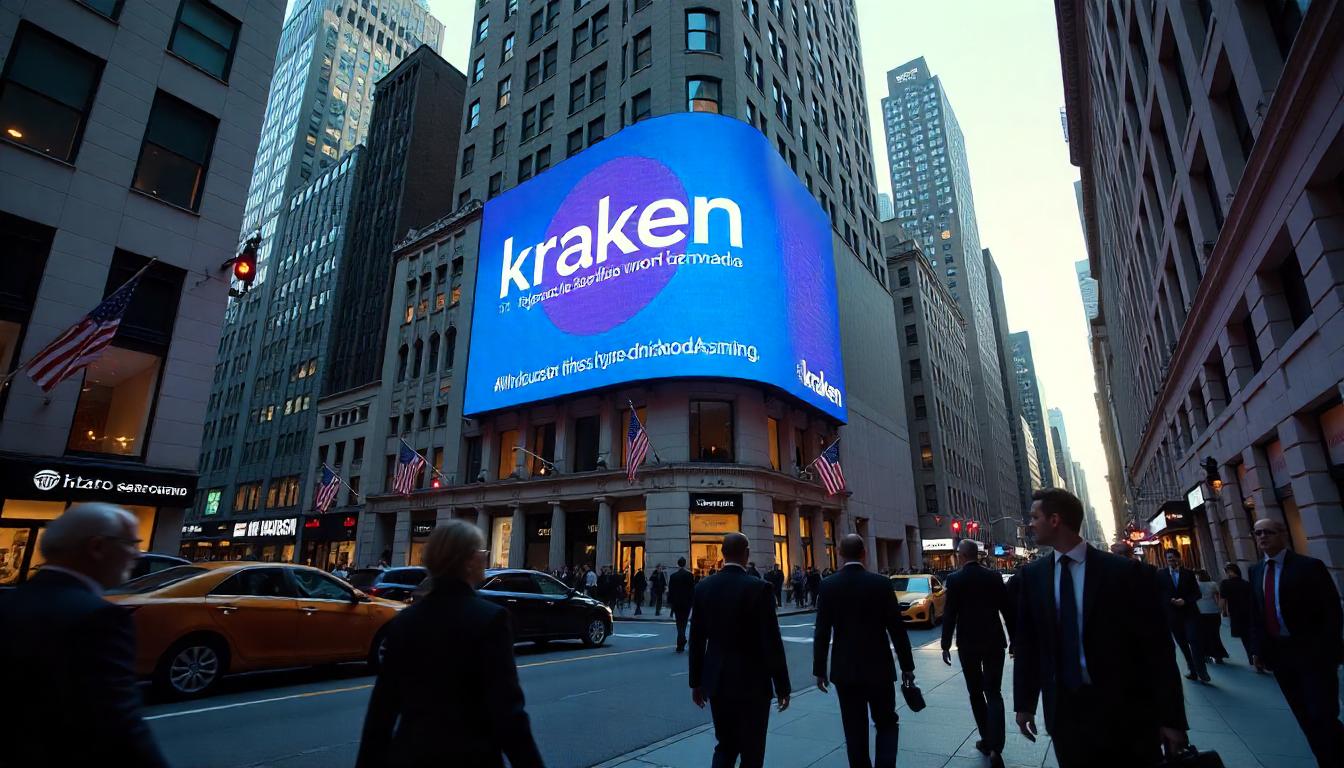Tuttle Capital Management Seeks SEC Approval for 2x Leveraged ETFs Focused on Crypto and Trump-Themed Memecoins
Tuttle Capital Management has filed a groundbreaking proposal with the U.S. Securities and Exchange Commission (SEC) to launch ten 2x leveraged exchange-traded funds (ETFs) tracking a mix of leading cryptocurrencies and Trump-themed memecoins. The filing, submitted on Monday, seeks to create ETFs that track the daily performance of assets such as Chainlink (LINK), Cardano (ADA), Polkadot (DOT), Melania (MELANIA), XRP (XRP), Bonk (BONK), Solana (SOL), Litecoin (LTC), and Trump (TRUMP).
These leveraged funds are designed to amplify returns by 200% through swaps, call options, and direct investments in the underlying tokens. However, the filing carries a stark warning for investors: due to the leveraged nature of these products, there is a risk of losing all invested capital if the value of the tracked tokens falls sharply. The filing cautions that a 50% drop in the value of an asset could wipe out the investor’s entire principal within one day.
While drops of that magnitude are rare, altcoin markets are known for their volatility. Even smaller drops, like the 10% pullback observed in the market on Monday, could result in at least a 20% loss for the ETFs, before accounting for fees.
Bloomberg Intelligence analyst James Seyffart speculated that the filings are likely part of a strategy to test the SEC’s stance under the current administration regarding crypto ETFs. “This could be a case of issuers pushing the boundaries of what the SEC is willing to approve,” Seyffart remarked. He also noted that the SEC’s crypto task force, headed by Hester Peirce, will likely play a key role in determining which proposals make it through the approval process.
Eric Balchunas from Bloomberg pointed out the unorthodox nature of the filings, highlighting that Tuttle proposed a 2x leveraged Melania ETF before even filing for a 1x version. He added that these ETFs could be available as soon as April unless the SEC rejects them during the review period, thanks to the “Act 40” filing process, which streamlines approval for investment products unless explicitly disapproved within the review timeframe.





